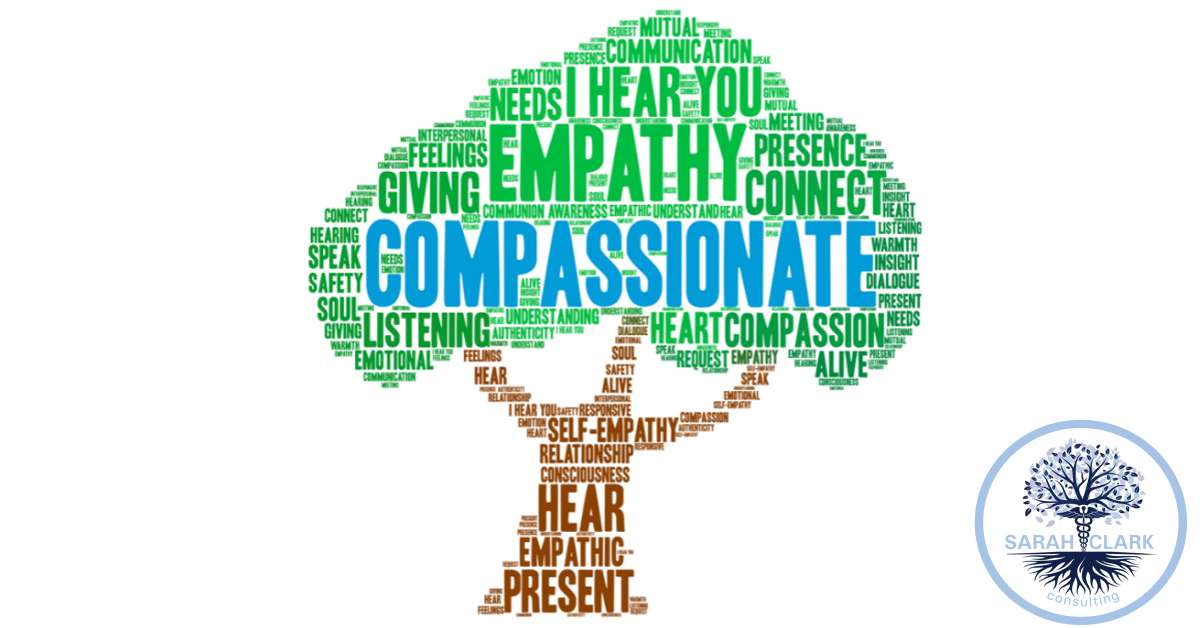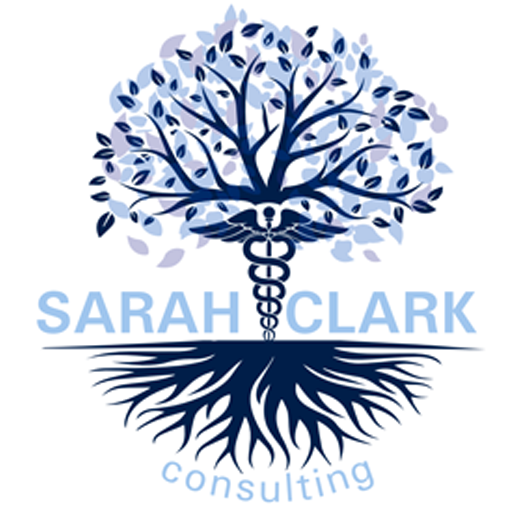
February 17 is National Random Acts of Kindness Day. We’ve all seen the videos of the person at the Starbucks drive through paying for the person behind them’s order. It seems so simple and silly but that person behind them (usually the maker of the video) is overjoyed and thankful. The seemingly small action of a stranger made a large, positive impact on their day.
In 2019 Stephen Trezeciak and Anthony Mazzarelli Released a book titled “Compassionomics: The Revolutionary Scientific Evidence That Caring Makes a Difference”, that provides overwhelming evidence for the healing power of compassion! Amazing! The data shows that when a doctor is compassionate, patients heal better, faster and doctors are happier and less burned out. Simple and practical.
This book touches me in a core value of my consulting practice, kindness. Kindergarten teachers across the globe attempt to instill into children to treat others the way you would like to be treated. Unfortunately, in the hustle of life some of us have put that kindness on the back burner. Not intentionally being mean doesn’t equate to not being mean. It is something that you need to practice. You can run a busy medical practice AND be kind.
“Kindness is a language which the deaf
can hear and the blind can see.” (Mark Twain)
These authors reviewed data from more than 1,000 research abstracts and 250 research papers published in medical journals and they found the evidence shows compassion is not only meaningful, but in measurable ways. This demonstrates that the power of compassion is underestimated.
According to Trzeciak (from an interview with the Washington Post) He indicates that compassion is often confused with a closely related term, empathy. Empathy is feeling and understanding another’s emotions, whereas compassion involves taking action.
Mazzarelli indicates that compassion is the action component of empathy, trying to alleviate another from suffering. MRI scans show a reward pathway is activated when people practice compassion.
Easy takeaways for practicing Compassion and Kindness in your office:
Imagine if your patients are having improved compliance and outcomes from these simple ideas, what it could do for the people that work in your office, or even in your personal life. And it’s free! There is a Random Acts of Kindness Foundation and it has all kinds of free tools too. Click the link above and explore more ways to make your office an even better place!
If you would like to read the book you can order it on Amazon HERE.
Did you know Sarah Clark Consulting offers a FREE practice self-assessment? CLICK HERE to take the one minute assessment and get some great information to keep the smile on your face while making your practice more efficient!
